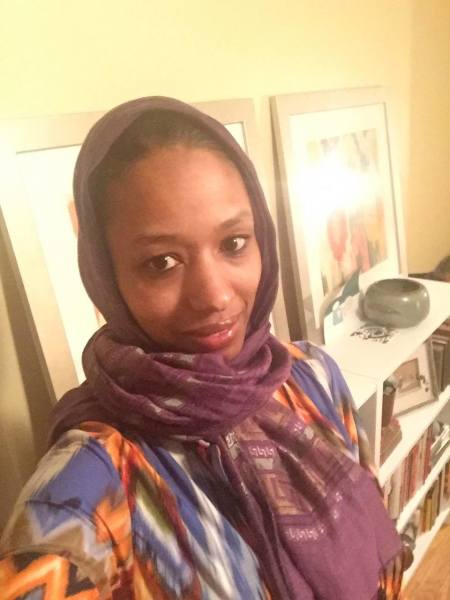Theologians Address: Do Christians and Muslims Worship the Same God?

After a media firestorm erupted last week when a Wheaton College professor was suspended for asserting that Muslims and Christians worship the same God, a handful of Christian theologians have written about whether or not the professor was right.
Soon after The Christian Post reported that Wheaton professor Larycia Hawkins posted to Facebook that she was going to wear a hijab during Advent to show solidarity with Muslims and stated "we worship the same God," the school placed the tenured professor on paid administrative leave because her "theological implications" appear to be "in conflict with the College's Statement of Faith."
While students at Wheaton have protested in support of Hawkins and claimed she has not violated the school's statement of faith, prominent Evangelicals such as Franklin Graham have chastised Hawkins' "same God" as shameful and "absolutely wrong."
But coming to Hawkins' defense is Yale theology professor Miroslav Volf, a croatian Protestant theologian whom Hawkins cited when defending her "same God" claim in a follow up post on Facebook.
Volf, who wrote the recent book Allah: A Christian Response and wrote a Washington Post op-ed condemning the school for suspending Hawkins, has maintained that Arab Christians have worshipped a God named Allah for centuries and that many Christians have long believed that "Muslims worship the same God that they do."
In furthering his viewpoint that the gods are the same if they are "sufficiently similar," Volf also argued that two commandments of the Bible — love God and love thy neighbor — are also commandments that are central to Islamic worship.
Volf's claim, however, was contested in an op-ed by Gerald McDermott, professor of religion at Roanoke College and senior fellow at the Baylor Institute for Studies of Religion, who argues that the claims the Quran specifically calls believers to love God and neighbors are unfounded.
McDermott writes that there are specific parts of the Quran that instruct Muslims not to love non-believers and states that loving non-believers "is equivalent to lining up on the side of the enemies of God."
"[W]e cannot infer that what Volf calls 'the character' of the God of the Quran is the same as that of the God of the Bible," McDermott writes. "In fact, we would have to conclude, using Volf's own reasoning, that these are two different gods, for the difference in the two love commands suggests by his own logic two different characters."





















